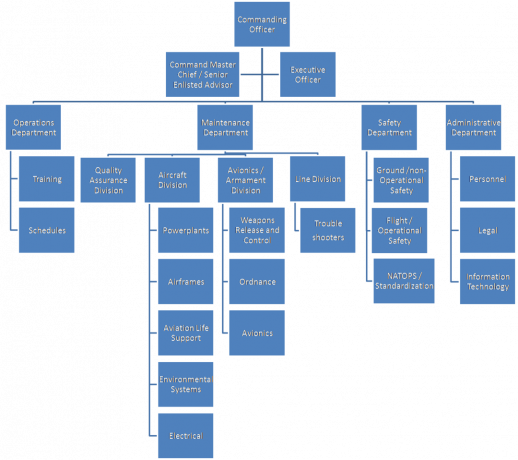There are companies of various legal forms, these are mainly classified according to distinguishing between individuals and commercial companies. Societies are those where participation is collective, whether they are collective, limited, limited, anonymous, labor, cooperative and joint stock companies.
Within this article we will delve into the cooperative Society, to explain what it consists of, what is its reason for being, how they work and their main characteristics, so that the reader has important and useful information about the subject.
Advertisements
In this article you will find:
What is a cooperative society?
It is a type of society under a regime of free membership and voluntary withdrawal, composed and organized by people who show solidarity and associate to carry out business activities aimed at satisfying their own economic needs and aspirations and social. It is worth noting that these societies have a democratic structure and functioning.
Their objective is the collaboration between their partners to achieve a common objective, they are based on mutual aid and their heritage is common and unrepeatable.
Advertisements
Mostly it is made up of people from the working class where their only contribution to society is their work, and it is known as society. Producers cooperative, however, it can happen that the same members use the services, and it is known as a cooperative society of consumers.
It is important to be clear that, within this structure of society, activities other than those cannot be developed for those that are legally authorized, for this it will be necessary to obtain the corresponding authorization from the Secretariat of Commerce.
Advertisements
What is the raison d'être of cooperative societies?
They are framed within commercial companies, in a subgroup of social interest companies. They are born of the common interest in a society that decides to join efforts and capital to carry out a certain business activity, which could not be carried out by each individual separately.
They are distinctive of the primary sector, that is, for the production and sale of agricultural products, however There are cooperatives in sectors such as housing, education, transportation, health, credit institutions, services, etc. In general, they constitute a broad form of society today and their growth is due to the emergence of entrepreneurs who seek to solve their needs in the face of economic shortages or in the face of a severe crisis economical.
Advertisements
They may be:
- First degree: When the partners are natural or legal persons.
- Second degree: When the members are first degree cooperatives.
- Third degree: They are formed by second degree cooperatives and so on.
For the purposes of practice, when speaking of cooperatives of cooperatives, we are referring to cooperatives of a higher degree.
Characteristics
Among the main characteristics of cooperatives are:
Advertisements
- It has its own legal personality.
- This type of company does not have profit aims, it looks for the social and economic improvement of the workers.
- It must necessarily be made up of a number of no less than 10 partners.
- The partners will not be personally liable for corporate debts, except as provided in the statutes.
- There must be a mandatory reserve fund, which will be used for the consolidation and development of the cooperative.
- The capital is variable and works under the principles of equal rights and obligations of the partners.
- The capital stock is made up of contributions from the partners. The minimum capital is stipulated in the statutes and must be paid on the day of its incorporation.
- The work is distributed equally among the associates according to the time they work or by number of operations.
- It must be constituted by public deed and appear registered in the register of cooperative societies.
- The business name will be the name of the company followed by the words cooperative society or instead the abbreviation “S. Coop. ”.
- It is democratic in operation, that is, all its partners have the right to one vote.
- The domicile is established in the place where the activity mainly attached to the business takes place.
Organization and operation
The management and administration of cooperative societies will be carried out by councils within these:
General Assembly:
Constituted by the meeting of the partners in order to deliberate and agree on matters within its competence according to the statutes and linked to the decisions made by all the partners.
Rector's Council:
It is the collegiate body concerned, the supervision of managers. Specifically, it is understood as the governing, management and representation body of the cooperative society, and therefore it is responsible for establishing the general guidelines for its activity. It is equivalent to the board of directors of a public limited company.
Intervention advice:
Formed by a group of labor inspectors called auditors whose mission is to review and monitor the accounts, carrying out the verifications deemed appropriate.
Sole administrator:
When the Company is made up of a number of partners less than 10, the position of sole administrator is constituted, who will assume competencies and functions of senior management, supervision of the directors and the representation of the company, subject to the Law, the statutes and guidelines set by the Assembly General.


